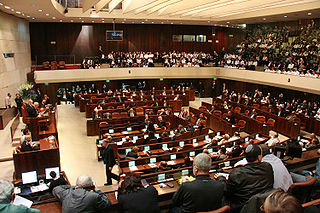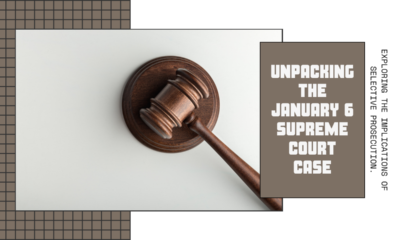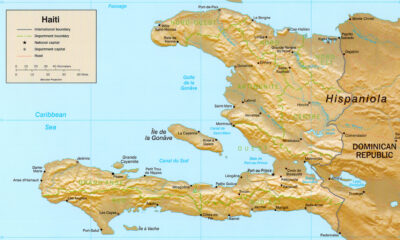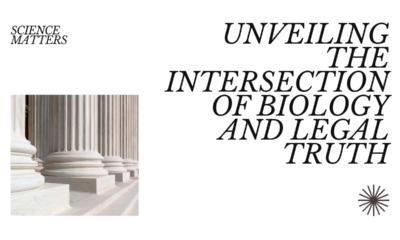World news
Right and left in Israel

The terms Right and Left have been bandied about ever since the French Revolution. Use of these shibboleths to damn individuals or groups or to avoid dealing with the merits of an issue is deeply engrained in the mentality of the modern world. Their use in Israel is dangerously misleading if only because Israel is the only country in the world whose very survival can be undermined by the misuse of these labels.
Right and Left have taken the place of the traditional distinction between good and bad in public discourse. Political parties in Israel are labeled right-wing or left-wing regardless of fundamental differences within such parties—differences that trivialize their right-wing or left-wing reputations. What I propose to do is to identify the fundamental issue confronting Israel, and to classify Israeli parties Right or Left in terms of how they stand in relation to that issue. Therefore, regarding other issues, I will ignore them even though they may be important and may affect the fundamental issue in question.
Right and Left parties on three key issues
That fundamental issue is none other than Israel’s raison d’etre as a Jewish state, which I will also designate as Israel’s “paramount” principle. Therein is the ultimate criterion as to whether a party should be designated Right or Left. Accordingly, I shall examine the positions of various political parties on three topics which directly implicate Israel’s character as a Jewish state.
Morality
Since left-wing parties such as Labor and Meretz do not identify with the Biblical tradition, they do not uphold “family values.” The Left’s permissive attitude toward homosexuality, gay marriages, pornography, etc. is notorious. But this may also be said of the anti-religious Shinui Party headed by Tommy Lapid. Shinui must therefore be included in the Left since its position on the subject of morality is contrary to Israel’s raison d’etre as a Jewish state. Since morality is a matter of education, and since it requires the support of law, no secular party will uphold morality over the leveling and permissive tendencies of democracy. This is not to suggest that the religious parties’ conception of education and law is adequate for Israel’s survival in the Middle East.
The Land of Israel
Israel’s retreat from Judea, Samaria, and Gaza (Yesha) cannot but erode Jewish national consciousness, a precondition of Israel’s existence as a Jewish state. This is a basic reason why the Labor and Meretz parties favor withdrawal from Yesha and the deracination of their Jewish communities. Notice, however, that Shinui, like Labor-Meretz, supports a Palestinian state. Again Shinui surfaces as a leftist party, which is not to say that the Right (if it exists) has the wisdom to deal with the territorial issue.
What about the Likud? Its leader, Ariel Sharon, also advocates a Palestinian state, and he presently has the support of almost 50% of the Likud’s Knesset membership. Although the remaining members may oppose Palestinian statehood, only Naomi Blumenthal voted to abrogate Oslo, and none calls for the incorporation of Yesha into the State of Israel. Taken as a whole, therefore, the Likud’s position concerning the Land of Israel is not consistent with Israel’s raison d’etre. It is a thoroughly compromised party and may be classified as the “Reluctant Left.”
Consider the reputedly right-wing National Union headed by Avigdor Lieberman’s Israel Beiteinu Party. Contrary to his colleague Arieh Eldad—a lonely voice in the Knesset who calls for Israeli sovereignty over Yesha—Lieberman advocates Arab “cantons” as a transitional stage toward a Palestinian state. If Lieberman speaks for his party, then its position concerning the Land of Israel is ideologically indistinguishable from that of the Left.
As for the Moledet and Tekuma factions of National Union, insofar as they advocate Jewish sovereignty over Yesha, their ideological position is right-wing. However, by remaining in the Sharon government, Moledet and Tekuma share responsibility for the “Road Map” and may thus be classified as the “Pseudo-Right.” The same may be said of the National Religious Party. In fact, the NRP voted for the Israel-Jordan treaty, yielding 330 square kilometers of Jewish land to that feeble, autocratic regime.
Religion and State
Labor, Meretz, and Shinui as well as Israel Beiteinu and various members of the Likud, advocate separation of religion and state. This cannot but transform Israel into a “state of its citizens” (which prompts many Arabs to join or vote for these parties). No wonder the Likud and Israel Beiteinu tolerate seditious Arab parties in the Knesset. Also, both parties support the “grandfather clause” of the Law of Return (which has brought more than 350,000 gentiles into the country). Hence, as concerns Israel’s raison d’etre as a Jewish state, these self-styled or reputedly right-wing parties fall into the category of the Left!
As for Moledet, Tekuma, and the NRP—while they want to preserve Israel’s Jewish character, they lack a practical program for the purpose. They say nothing about the unrepresentative and oligarchic ingredients of Israel’s political and judicial institutions, which enable politicians and judges to trample on the abiding beliefs and values of the Jewish people with impunity. They are timid, narrow, and unimaginative.
The Right in Israel does not exist!
Hence there is no genuine Right in Israel! No party publicly advocates Jewish sovereignty over Judea, Samaria, and Gaza in the name of God’s covenant with the Jewish People. No party boldly proclaims that Israel’s raison d’etre as a Jewish State must be the State’s paramount principle, to which all other principles are subordinate. And no party offers a Constitution that embodies this paramount principle.
Insofar as the “Right-Left” jargon has taken the place of the traditional distinction between good and bad—things are pretty bad in the State of Israel.
First published 21 March 2004
Epilog: Israel must overcome this decadent “Right-Left” jargon propagated by pseudo-sophisticated journalists and paltry politicians. We must bring public discourse back to the good sense of the people. Their patriotism and Jewish consciousness must be the basis of public policy. We must therefore democratize the method of electing politicians and of appointing judges to make them more attentive to and respectful of the people’s convictions and interests.
-

 Executive2 days ago
Executive2 days agoJanuary 6 case comes down to selective prosecution
-

 News2 days ago
News2 days agoRolling the Dice on Republicans: Has the Right Become Delusional?
-

 Civilization23 hours ago
Civilization23 hours agoPresident Biden Must Not Encourage Illegal Mass Migration From Haiti
-

 Executive1 day ago
Executive1 day agoWhy Fatal Police Shootings Aren’t Declining: Some Uncomfortable Facts
-

 Executive16 hours ago
Executive16 hours agoBiden ballot woes continue
-

 Entertainment Today1 day ago
Entertainment Today1 day agoWaste of the Day: Throwback Thursday: Millions Went To Video Game ‘Research’
-

 Guest Columns24 hours ago
Guest Columns24 hours agoWhat Was Won in No Labels’ Crusade
-

 Civilization2 days ago
Civilization2 days agoBiology, the Supreme Court, and truth








Ron Chronicle liked this on Facebook.